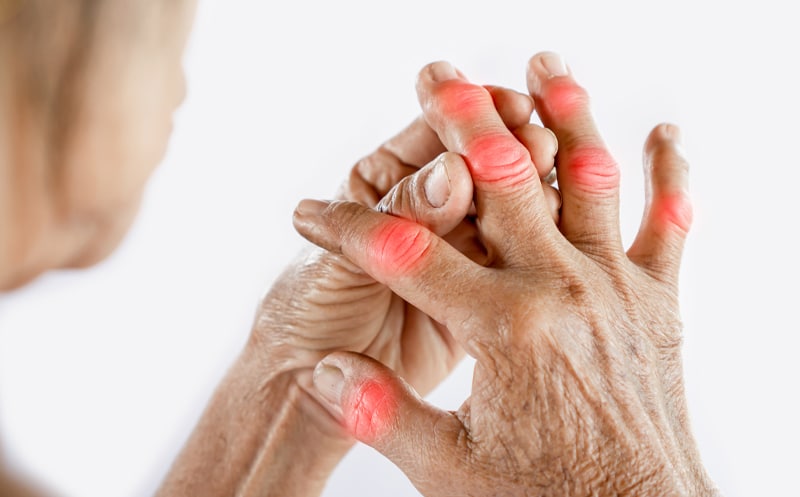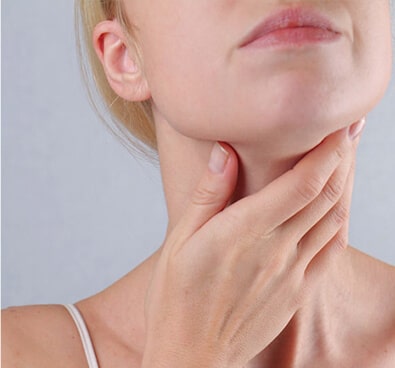Celiac disease is an autoimmune disorder that damages the intestinal wall tract and interferes with nutrient absorption. Approximately 1 in 133 Americans have celiac disease. Unfortunately, many of those with this disorder do not know they have it. Celiac disease is no respecter of a person. Both men and women, young and old, are affected. If you have celiac disease and keep consuming gluten, you could be causing long-term health problems, including osteoporosis, malnutrition, and even cancer. Therefore, it is essential to know which foods you should avoid.
What is Gluten?

Gluten is present in various grains, including wheat, barley, spelt, and flour. While people commonly eat wheat, rye, and barley, they may also find all the grains listed above in various foods.
Gluten-Free Grains
You can enjoy several grains if you have celiac disease, including-
- Rice
- Quinoa
- Millet
- Corn
- Buckwheat
Oats are another gluten-free grain; however, they frequently interact with wheat during processing, so choosing oats labeled as gluten-free is essential. You can substitute various recipes with flour made from many of these grains.
Gluten-Free Foods
There are several gluten-free foods that you can enjoy, including-
- Fruits
- Vegetables
- Meats
- Fish
- Dairy products
- Beans
- Nuts
To be labeled gluten-free, the FDA has enacted a law requiring products to contain less than 20 parts per million of gluten. Additionally, any gluten-free products containing wheat must have a description stating that they have adhered to the FDA requirements.
Common Foods Containing Gluten

Many popular foods may contain gluten. Learning which foods to avoid can help prevent reactions and damage. Wheat, including bulgur, semolina, farro, spelt, durum, triticale, rye, and barley, is among the foods containing gluten.
Pastas often contain gluten unless labeled as gluten-free. Other items, including malt beverages, beer, soy sauce, and Teriyaki sauce, may contain wheat and should be avoided. Blue cheese often contains mold that may be grown on items with gluten.
Gluten is often present during processing processed foods, artificial flavorings, artificial colorings, dyes, dried fruit, French fries, processed cheeses, seasoning, and salad dressings. Therefore, most physicians recommend purchasing only products labeled as gluten-free.
Non-food items that May Contain Gluten
Did you know that makeup products like lip balm, lipstick, and lip gloss might contain gluten? Other items that may contain gluten include vitamin and mineral supplements, herbal formulas, over-the-counter medications and prescription drugs. Finally, knowing that even play dough can contain gluten may surprise you.
To become gluten-free, you must avoid all traces of gluten; therefore, you must be vigilant to avoid all traces of gluten. Read labels carefully. You will be surprised at the foods that have gluten. You must also be very careful when dining out. Ask the restaurant if they have a gluten-free menu, and let your wait staff know that you have celiac disease to ensure proper food handling.
A food sensitivity test can help identify gluten sensitivities. Our integrative practitioners help treat Celiac disease and other autoimmune conditions.























